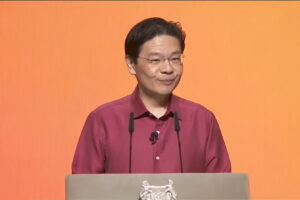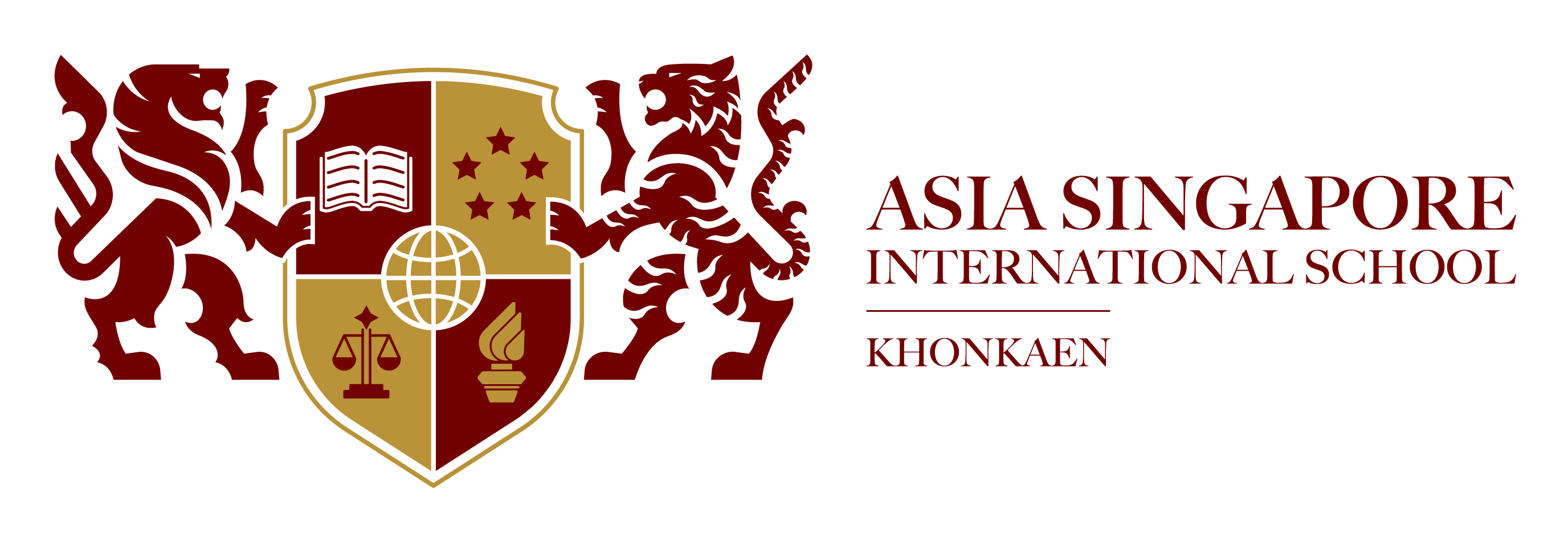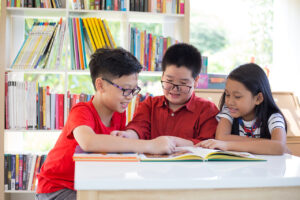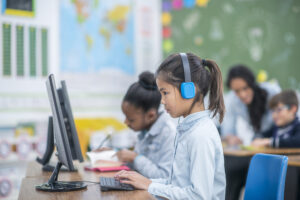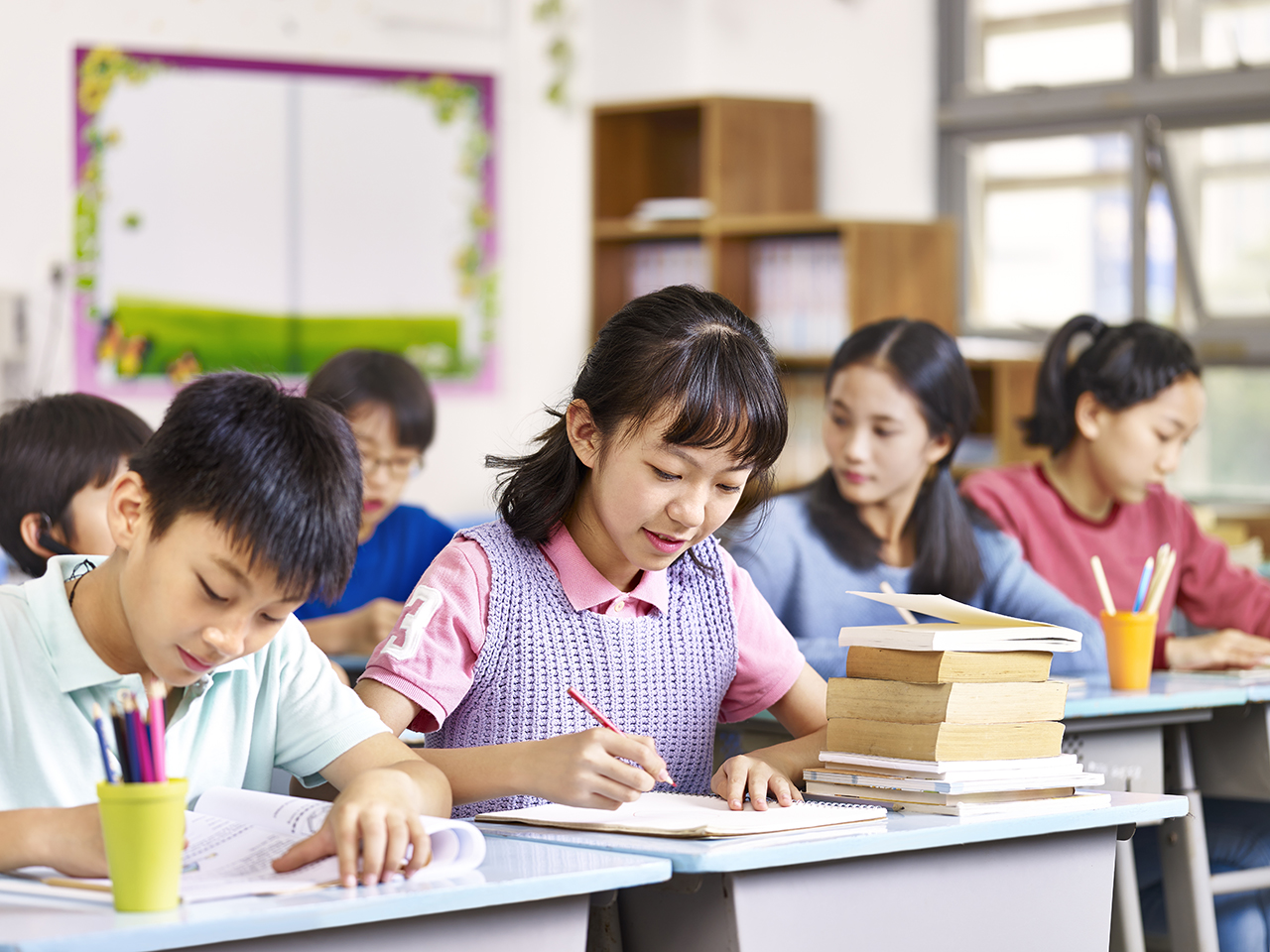
Singapore students top maths and science in 2023 international study
SINGAPORE – Students in Singapore have taken the top spots in mathematics and science for the third consecutive edition of a global benchmarking study.
The Trends in International Mathematics and Science Study (Timss), conducted every four years, evaluates grade four and grade eight students – equivalent to Singapore’s Primary 4 and Secondary 2 levels – in their understanding, application and reasoning in maths and science.
Results for the 2023 edition of the study were released on Dec 4, and out of 64 education systems that took part, Singapore emerged first in both subjects at both levels.
Administered by the International Association for the Evaluation of Educational Achievement, a non-profit research organisation based in Amsterdam, the test assesses competencies in foundational numeracy, scientific literacy, problem-solving and scientific inquiry.
In a statement, the Ministry of Education (MOE) said that students here demonstrated strong foundations and good performance in maths and science.
Some 6,530 Primary 4 pupils from 181 primary schools and 4,772 Sec 2 students from 145 secondary schools joined the 2023 study.
Across both levels and for both subjects, Singapore students beat their East Asian counterparts in Taiwan, South Korea, Hong Kong and Japan.
This is the fourth time students here have topped the charts across all categories in the study since its inception in 1995, with the other three sweeps coming in 2003, 2015 and 2019.
More than 650,000 students in 70 education systems around the world took part in Timss 2023.
How students fared
Primary 4 pupils here had an average score of 615 for maths, outperforming Taiwan’s 607 and South Korea’s 594.
Sec 2 students scored an average of 605, ahead of Taiwan’s 602 and South Korea’s 596.
For science, Primary 4 pupils scored an average of 607, surpassing South Korea’s 583 and Taiwan’s 573. And for Sec 2, students had a score of 606, exceeding Taiwan’s 572 and Japan’s 557.
Compared with Timss 2019, Primary 4 pupils showed improvement in science and a slight dip in performance in maths, while Sec 2 students maintained their scores in both subjects, said MOE.
Despite the dip, Primary 4 pupils here still performed “substantially better” than the international average, the ministry said. It added that “academically weaker” students also performed better than the international average in both subjects.
In each grade and subject, Timss measures students against four benchmarks – “advanced”, “high”, “intermediate” and “low”.
Those in the “advanced” band are highly competent and show a high level of understanding and ability to apply and reason in the subject, while those in the “low” band show only basic knowledge in the subject expected at the particular grade.
Top 5 Performers in TIMSS 2023
Singapore students topped the charts in mathematics and science in a global study. Here are the Trends In International Mathematics And Science Study (TIMSS) 2023 overall rank positions and mean scores for the two subjects for Primary 4 and Secondary 2 students.
| Primary 4 Maths | Primary 4 Science | Secondary 2 Maths | Secondary 2 Science | |||||
|---|---|---|---|---|---|---|---|---|
| Education System | Mean | Education System | Mean | Education System | Mean | Education System | Mean | |
| Singapore | 615 | Singapore | 607 | Singapore | 605 | Singapore | 606 | |
| Taipei | 607 | South Korea | 583 | Taipei* | 602 | Taipei | 572 | |
| South Korea | 594 | Taipei | 573 | South Korea* | 596 | Japan | 557 | |
| Hong Kong | 594 | Turkey** | 570 | Japan* | 595 | South Korea | 545 | |
| Japan | 591 | England | 556 | Hong Kong | 575 | England | 531 | |
NOTE:
- *The difference in mean scores between this education system and Singapore is not statistically significant.
- **In TIMSS 2023, 22% of Primary 4 students were not part of the assessment.
Source: Ministry of Education • Graphic: Straits Times
More than 40 per cent of Singapore students attained the “advanced” level, compared with the international median score of about 7 per cent.
The questions in the study covered three broad skills of knowing, applying and reasoning. Questions under the “knowing” category test students’ knowledge, while “applying” evaluates their ability to use maths and science concepts. “Reasoning” focuses on students’ ability to think critically with these concepts.
Among these, “applying” and “reasoning” are considered higher-level thinking skills compared with “knowing”.
Across both subjects, the bottom 20 per cent of Primary 4 and Sec 2 students scored higher than the international average in both the “applying” and “reasoning” domains.
MOE said students showed “strong” knowledge in environmental topics like climate change, biodiversity and conservation, which were tested under the science category.
Students here also showed high levels of digital self-efficacy, which refers to confidence in using technology to do tasks like finding information and creating school presentations, the ministry added.
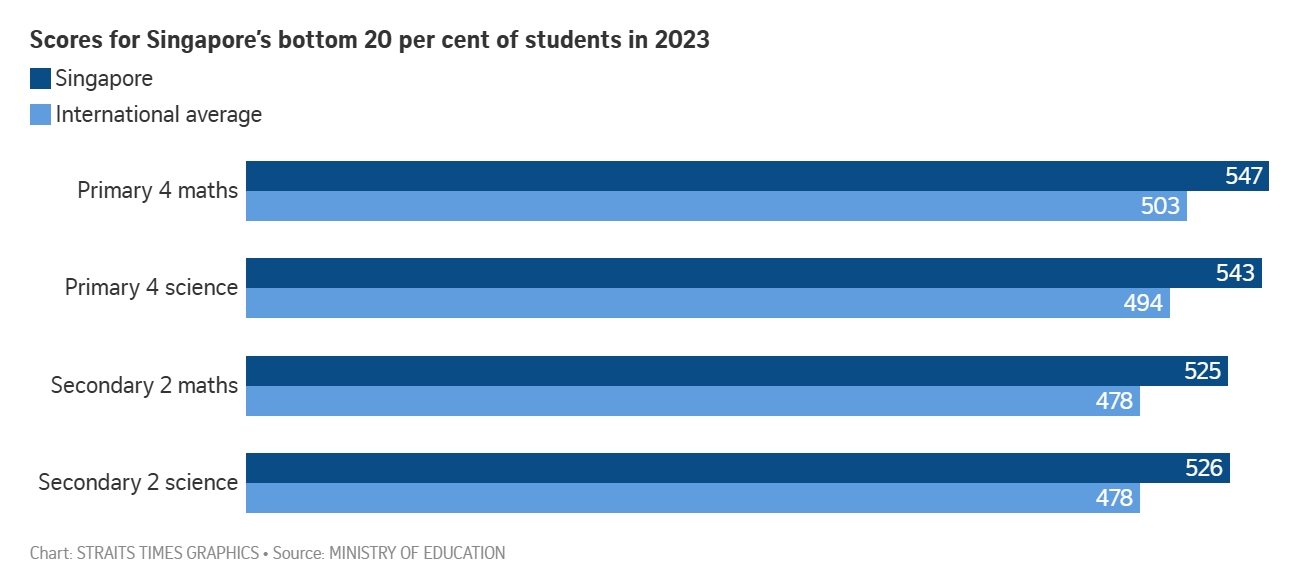
High confidence in both subjects, but interest in maths has fallen
The 2023 study reported that students of both levels maintained “positive attitudes” towards learning maths and science, with higher levels of confidence for both subjects compared with 2019.
Some 30 per cent of Sec 2 students said they “usually do well” in both subjects, up from 25 per cent in 2019.
But students’ interest in maths has decreased, said MOE.
As part of the study, students were asked to indicate the extent to which they enjoy learning or value a subject out of four different response categories – “agree a lot”, “agree a little”, “disagree a little” and “disagree a lot”. Forty-two per cent of Primary 4 pupils and 35 per cent of Sec 2 students said they enjoyed learning maths a lot. This was down from 48 per cent and 37 per cent, respectively, in 2019.
Those in Sec 2 also reported valuing maths less, with 32 per cent agreeing a lot that learning it will help them in their daily life. In 2019, the figure was 38 per cent.
Madam Low Leng, master teacher (secondary mathematics) from the Academy of Singapore Teachers, said this dip in interest in maths is also seen in other education systems.
“While MOE does what it can to cultivate the interest, other interconnected factors also play a part in helping students see the value and become interested in the subject,” said Madam Low.
“For example, students may not see how maths relates to their future careers, so they place less emphasis on learning maths.”
The ministry works with schools to ensure the maths curriculum remains engaging, with more real-world problem-solving and hands-on activities, Madam Low said.
Such activities include getting students to go to their school hall and try to measure the dimensions of the badminton court without typical instruments like a measuring tape, she said. Students can explore in teams how they want to carry out the task, which helps them build curiosity, and see how maths can be used daily.
Maths topics cannot be learnt in silos and should be taught in a way that can be relatable to everyday life, she said, adding that parents can also be role models in showing a positive attitude towards maths, and discuss application in real-life contexts.
“When they go supermarketing, parents can teach their child how to calculate discounts,” she said, citing other examples like analysing statistics in newspapers.
For science, MOE said Sec 2 students showed an increase in interest, with 47 per cent expressing interest in 2023, up from 42 per cent in 2019.
Ms Liew Wei Li, director-general of education, said maths and science are subjects that foster critical thinking, which can drive technological innovation and help solve global challenges.
“We are thus very encouraged to see our students consistently demonstrating strong critical problem-solving and analytical reasoning skills in both subjects by international standards, which reflects a solid foundation in mathematical and scientific concepts,” she said.
“MOE will continue to address areas for improvement and work closely with schools, parents and community partners to help our students from all backgrounds not just develop useful and useable skills, but also stay curious, enjoy learning and nurture their range of passions.”
Sources: https://www.straitstimes.com/singapore/singapore-students-top-maths-and-science-subjects-in-2023-international-study
You may also like
